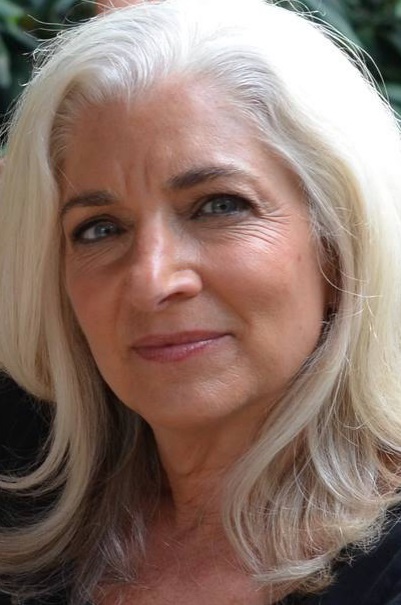
Rabbi Evan Moffic, author of What Every Christian Needs to Know About the Jewishness of Jesus: A New Way of Seeing the Most Influential Rabbi in History (Abingdon Press), sees himself “as a guide for Christians and Jews through the landscape of first century Judaism,” presenting Jesus the way his Jewish contemporaries understood him and offering examples of how Christianity evolved from its Jewish roots.
ReformJudaism.org: What drove you, a Reform rabbi, to write a book about Jesus aimed at both Christians and Jews?
Rabbi Moffic: People asked me to write this book. They know Jesus was Jewish – they just don’t understand what that means.
In this time of rising anti-Semitism, I thought it important to do everything I could to build closer ties between Jews and Christians. I was frustrated by those who try to divide Jews and Christians into right and wrong, who try to keep alive an ancient conflict that has miraculously faded in our time. I was frustrated by those who write condescendingly about Judaism for Christians, trying to show the ways the Bible has always been “misread” and Christians “misinformed.”
Jewish life in the first century has great importance for Jews and Christians; both rabbinic Judaism and Christianity emerged out of the destruction of the Second Temple. We can learn both about our similarities and differences by exploring this pivotal time.
Why would Christians want to learn about Jesus’s Jewish roots? And why would Jews be interested in learning about Jesus?
One goal of Christian spiritual life is feeling closer to Jesus. What better way to know more about Jesus and deepen their spirituality than to explore first-century Judaism?
Some Jews hear the word “Jesus” and immediately think of either anti-Semitism or someone trying to convert them to Christianity. While we should remain wary, we do not need to see the name Jesus as a prod for conflict and withdrawal. Instead, we can see Jesus as part of our discussion. So much of interfaith dialogue is about things we agree on, but I’m also interested in more meaningful conversations on topics – like Jesus – where we disagree but can learn from one another.
You refer to Jesus as “the most influential rabbi in history.” What do you mean by that?
I’m using “rabbi” here in the sense of teacher, not the more formal title that came about later. We have almost three billion Christians in the world, and thus, Jesus has been the most influential rabbi in terms of world historical impact.
What perceptions of Jesus do you hope to change respectively among Jews and Christians?
I hope we Jews stop seeing Jesus as a symbol of antisemitism and division. Jesus is a Jewish teacher whom we can respect and learn about, even as we do not see him as divine or messianic. I hope Christians can see Jesus as a rabbinic Jew, not an Old Testament Jew. Some who have read my book have gained a better appreciation of the Pharisees, who are not the narrow-minded, spiteful figures often portrayed in the Gospels. Rehabilitating the image of the Pharisees is actually a project that goes all the way back to Abraham Geiger, one of the founders of Reform Judaism.
The chapter “Five Rabbis Explain Jesus” includes perspectives from Rabbis Shmuley Boteach, Yitz Greenberg, Byron Sherwin, Zalman Schachter-Shalomi, and Emil Hirsch. Why did you choose these respondents?
They cover the range of Radical Reform to Modern Orthodox. I also could have included one of the great leaders of the Union for Reform Judaism, Rabbi Maurice Eisendrath, z”l. He believed Reform Jews could embrace Jesus as a Hebrew Prophet. I don’t go that far, but he pushed the envelope in a positive way.
I see myself – and this book – more as a teacher than an ideologue. I’m not trying to change anyone’s point of view. I’m trying to teach, create conversation, and deepen our knowledge of and respect for one another.
Can this book be used to promote interfaith dialogue and understanding?
Yes, though I do think a good teacher needs to prepare both Jews and Christians. Some Christians will be dismayed because I do not share some of their fundamental beliefs; some Jews might hesitate to read and discuss a book about Jesus. But the book sparks meaningful conversation. I spoke at one interfaith panel where devout Jews and Christians who had never met one another began a Torah study group after the reading the book together. That made me think there is still so much learning to happen.
Americans should know more about Judaism than they see on Seinfeld. The more Torah and wisdom we share, the greater positive role Judaism will have in our society and our world.
Related Posts

Harnessing the Power of our Mothers Around the Seder Table

Melding Tradition and Innovation: Our Interfaith Toddler Naming Ceremony


